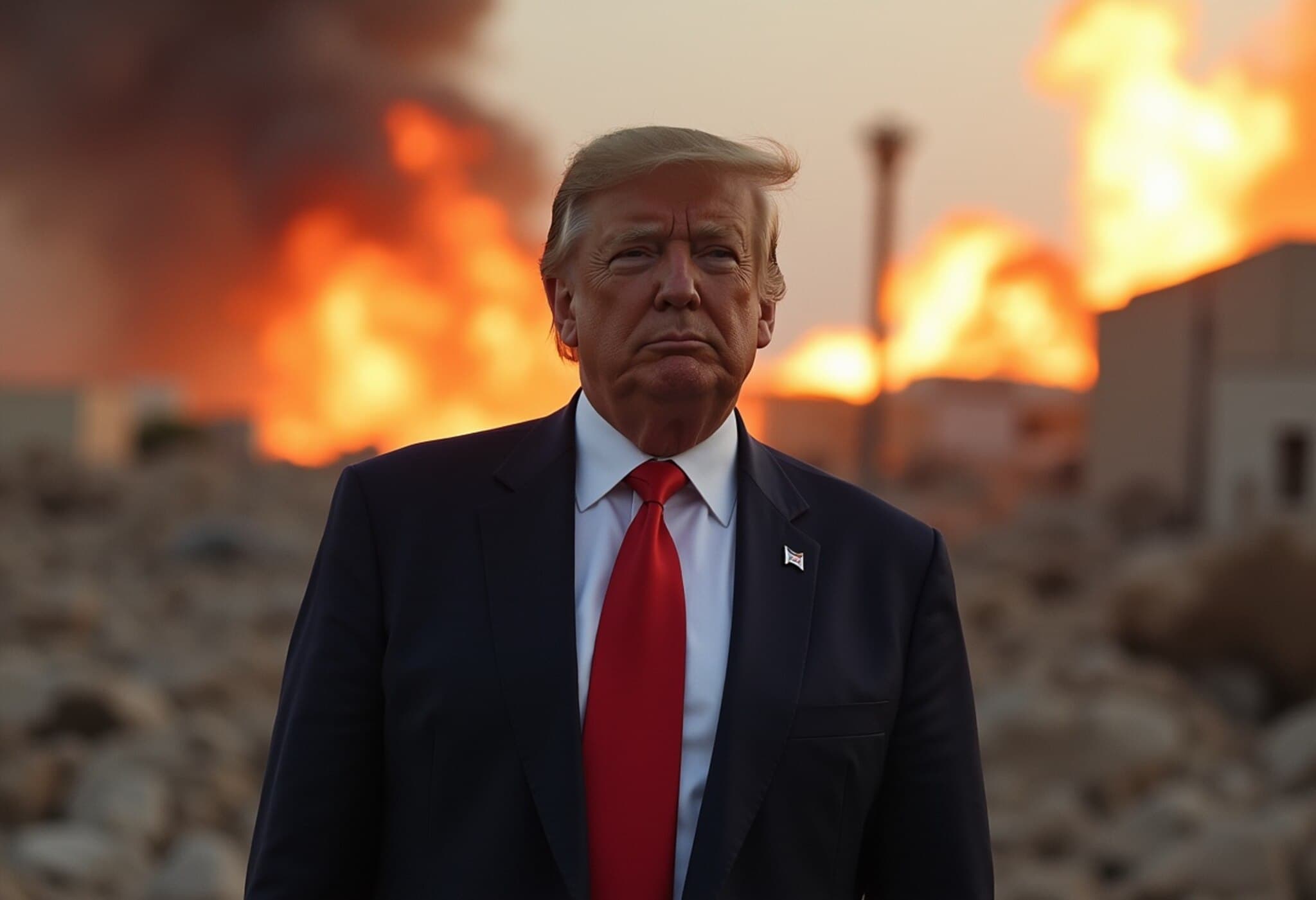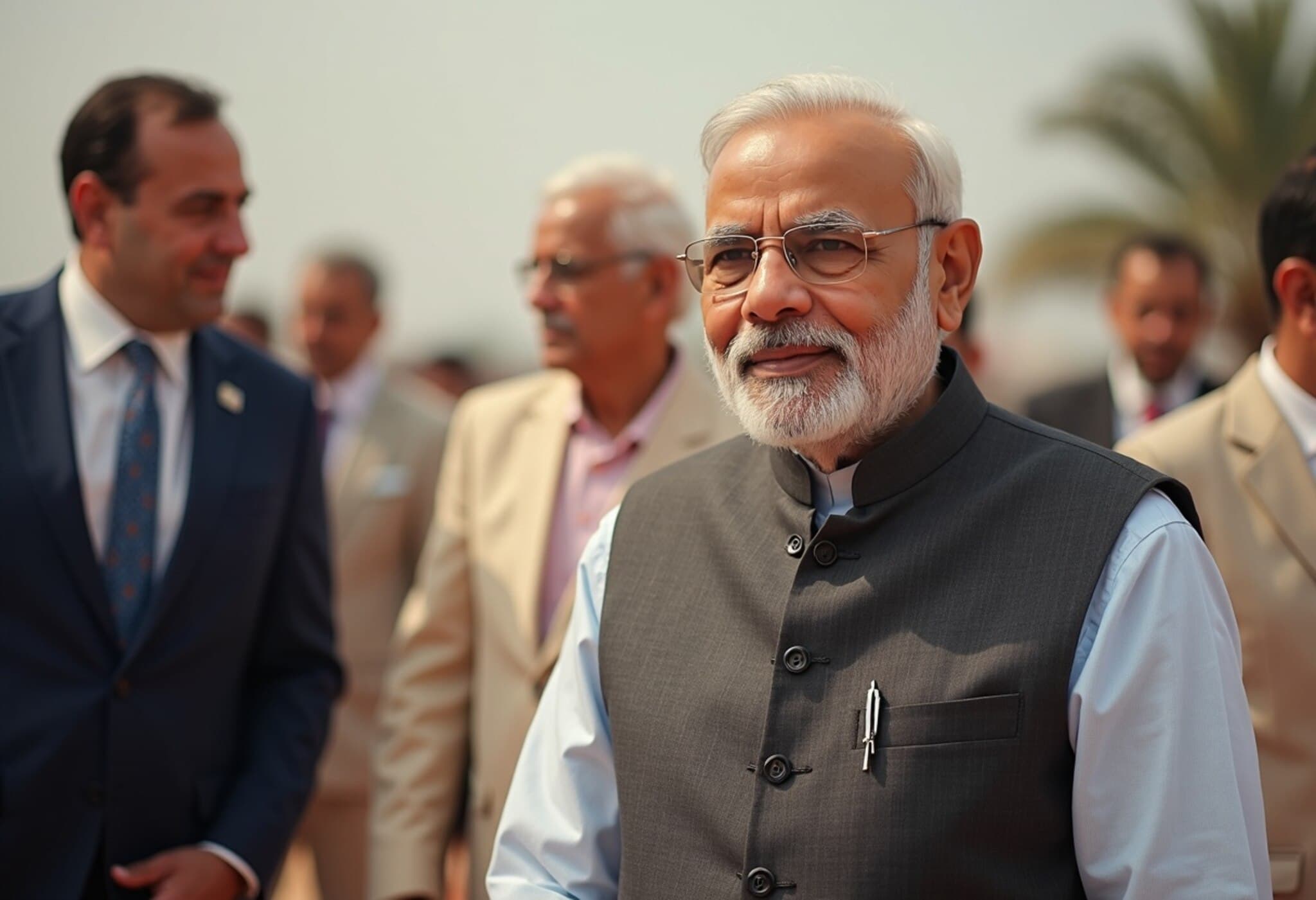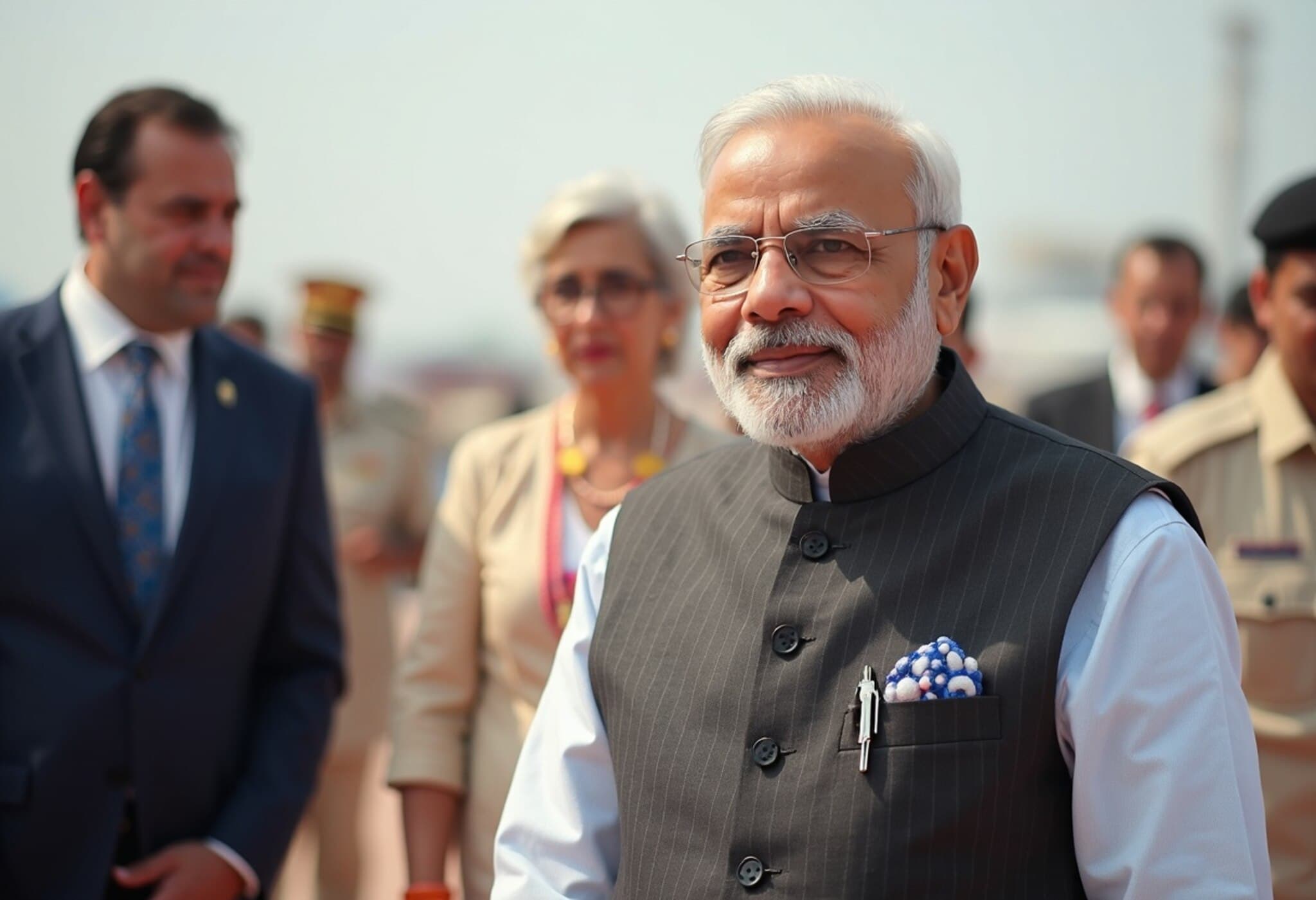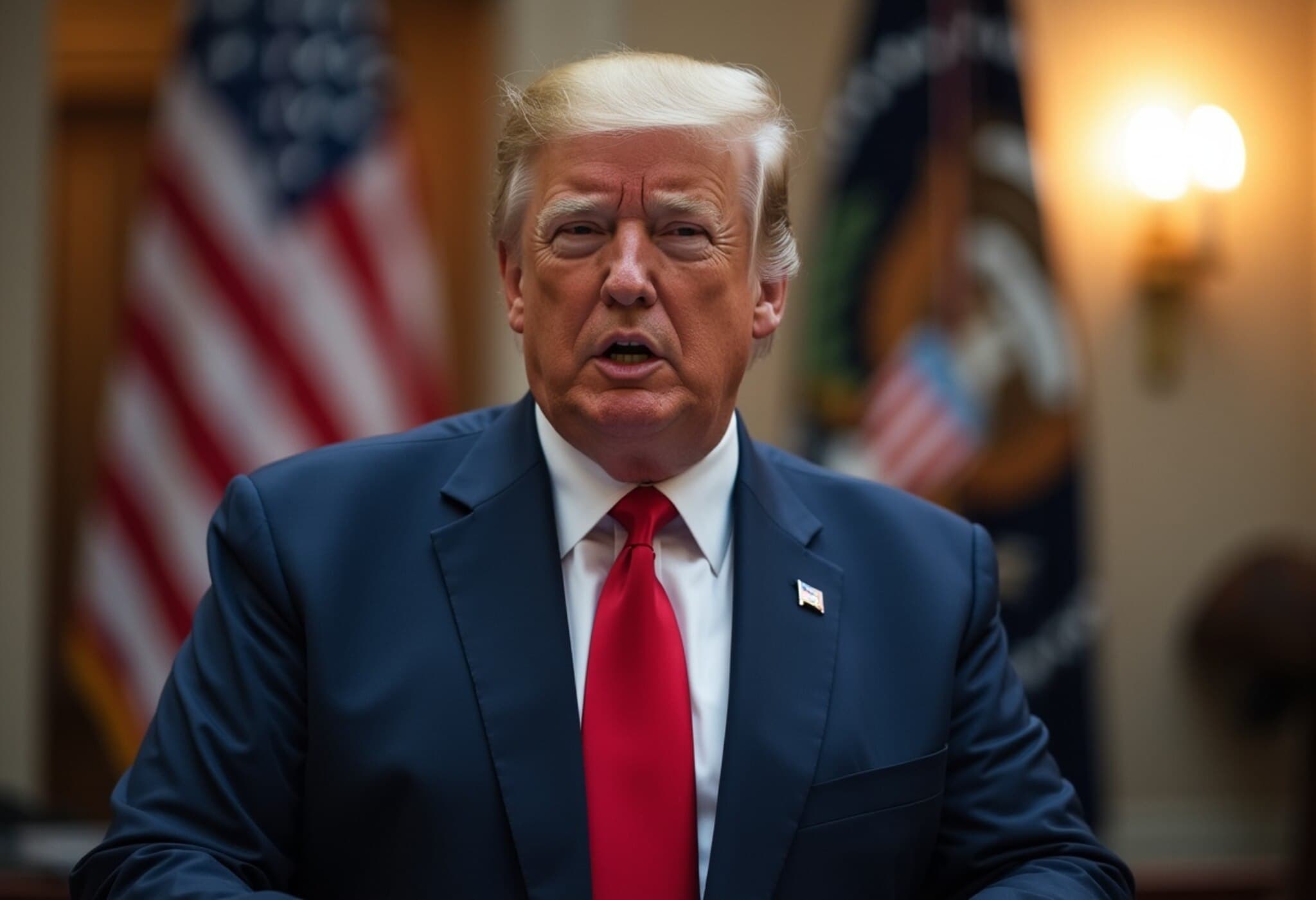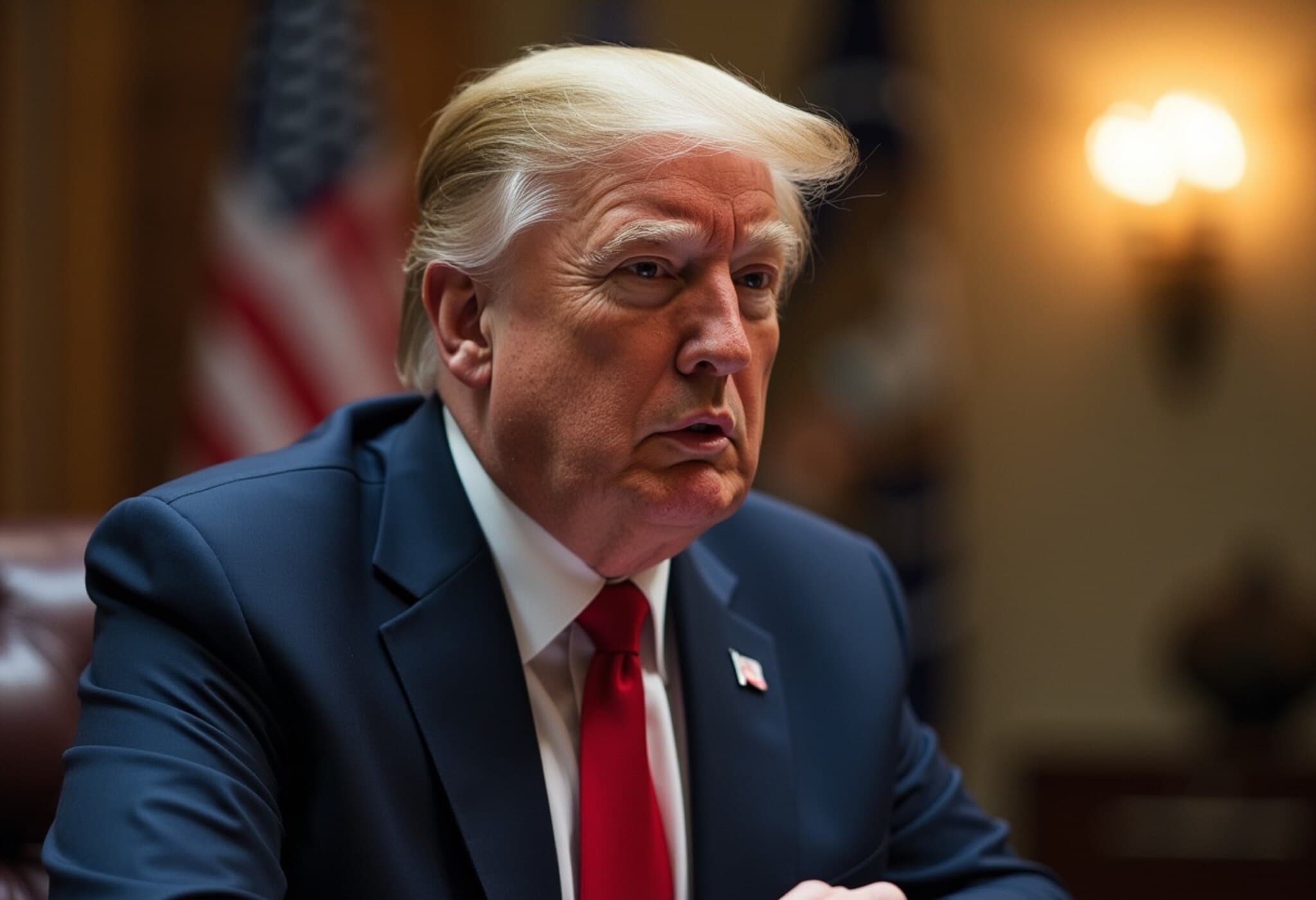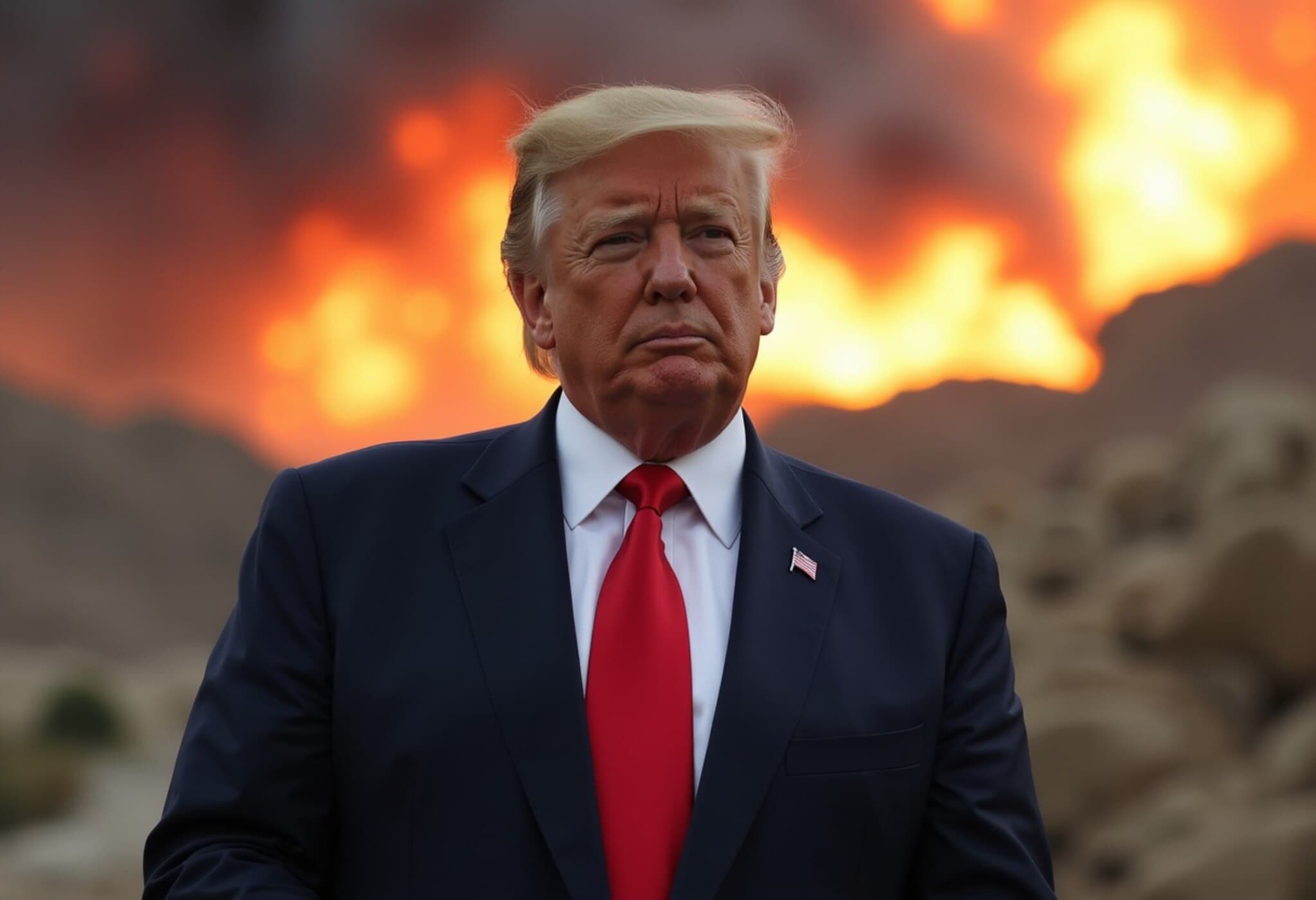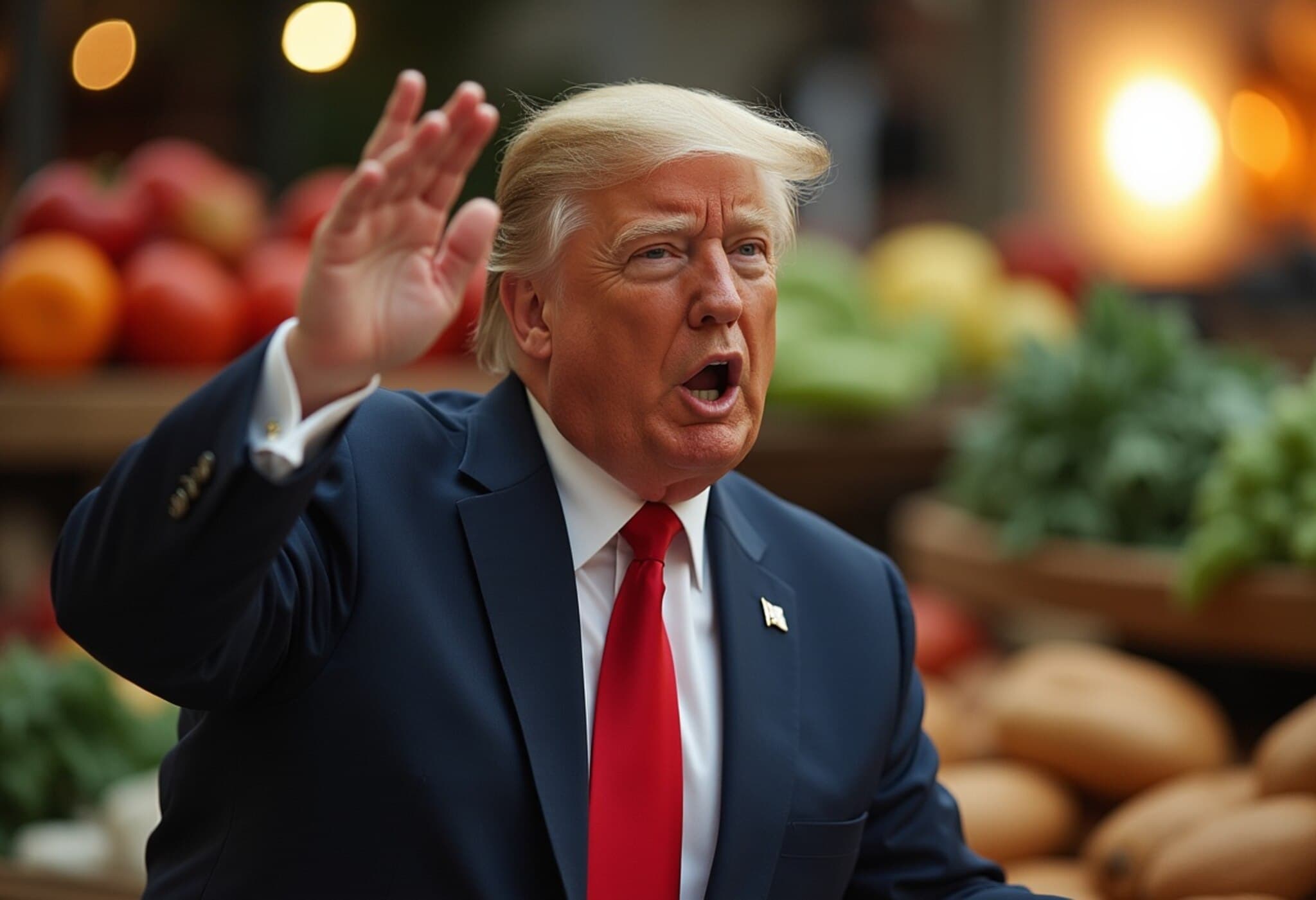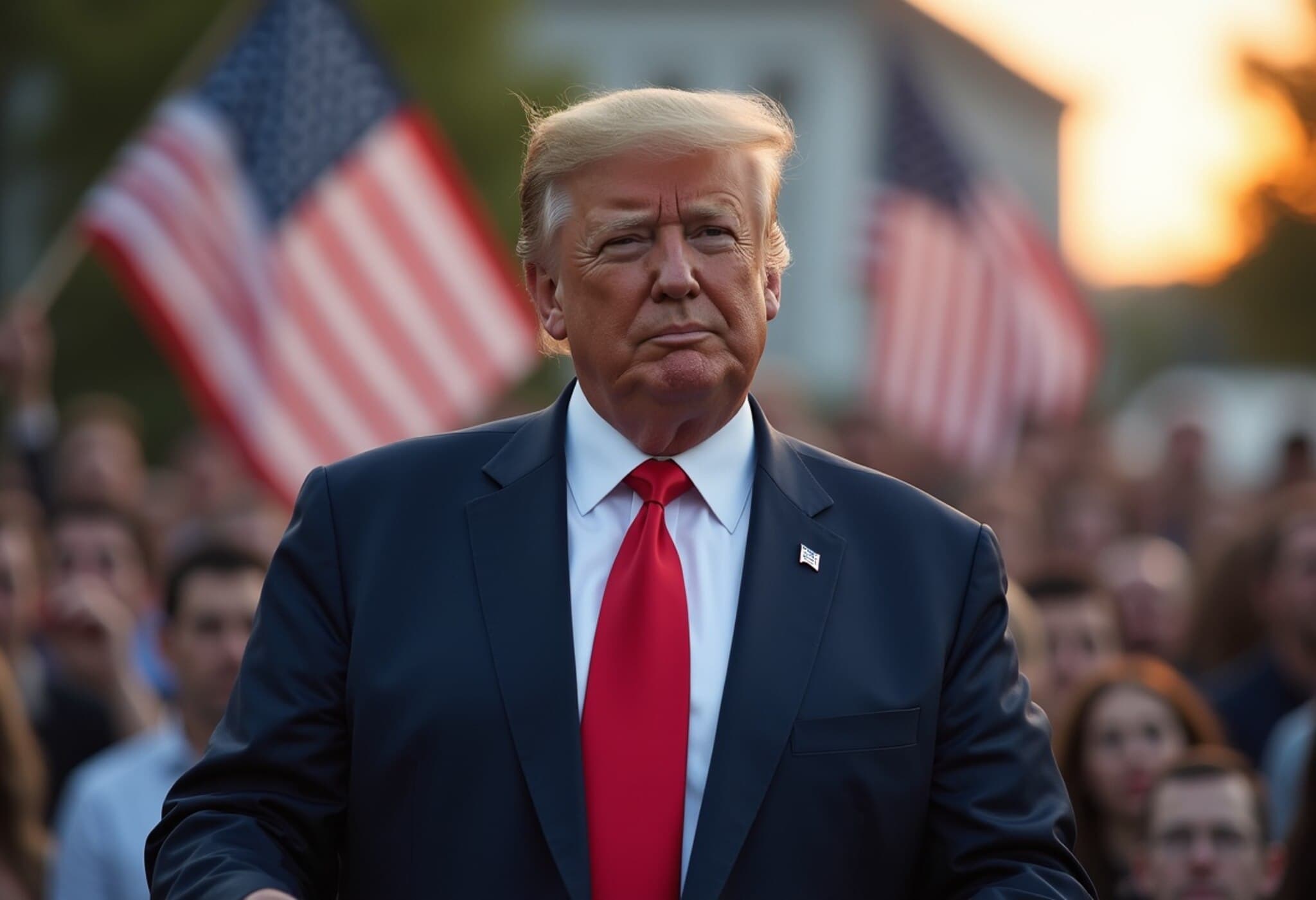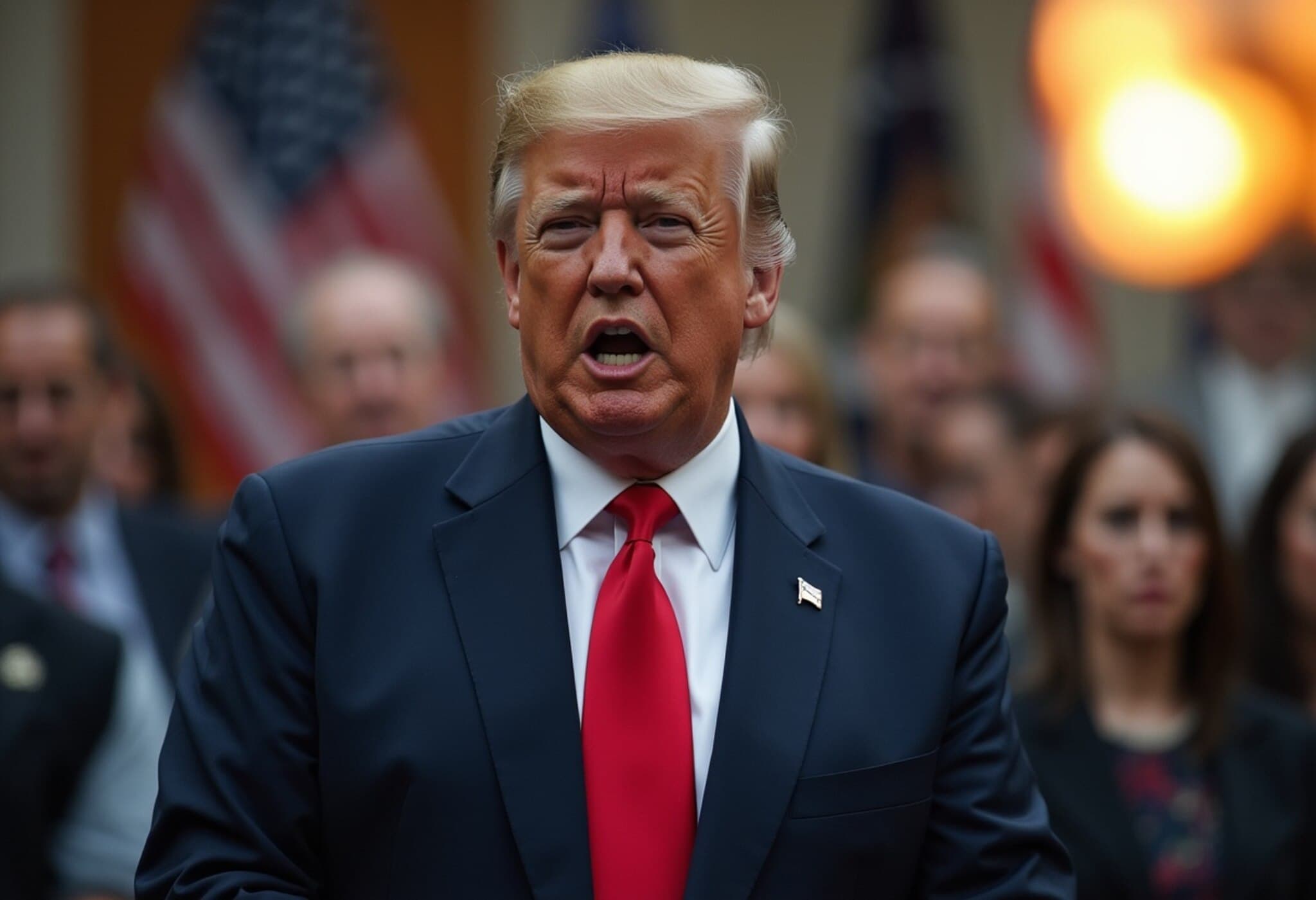Trump Greenlights Iran Strike Plans but Delays Final Decision
As tensions escalate between Israel and Iran, former President Donald Trump has reportedly authorized attack plans against Iran’s nuclear sites yet withheld the final go-ahead. Sources indicate Trump informed senior aides of his approval but chose to wait, hoping Tehran might abandon its controversial nuclear ambitions.
Trump’s Ambiguous Stance Fuels Speculation
Speaking outside the White House, Trump kept his position deliberately vague, stating, "I may do it. I may not do it. I mean, nobody knows what I'm going to do." He suggested talks with Iranian officials might still be on the table, remarking, "It's a little late" for negotiations but did not dismiss the possibility outright.
Diplomatic Efforts Persist Amid Stark Conflict
Meanwhile, the foreign ministers of Germany, France, and Britain are set to engage Iranian representatives in Geneva, seeking firm commitments that Iran’s nuclear program will remain peaceful. Despite these diplomatic efforts, Israel’s recent air raids have intensified, particularly targeting Tehran and western Iran.
Escalating Attacks and Civilian Impact
Residents of Tehran, a sprawling metropolis with 10 million people, have been fleeing the city to escape the relentless Israeli airstrikes. The Israeli military claims to have destroyed significant targets, including Iran’s police headquarters, as Israeli sirens and missile interceptions have become nightly occurrences.
Drone attacks originating from Iran have been intercepted over Israeli territory, marking a rare escalation in the ongoing shadow war and proxy conflicts between the two nations.
War of Words and Warnings
Iranian Supreme Leader Ayatollah Ali Khamenei cautioned that any U.S. military intervention would cause irreparable damage, promising that the Iranian people would not surrender. In contrast, Israeli Prime Minister Benjamin Netanyahu declared progress in dismantling Iran’s nuclear and missile capabilities, praising Trump as a steadfast ally during this crisis.
US-Israel Relations and Strategic Calculations
Trump’s evolving rhetoric has shifted from advocating a diplomatic resolution to contemplating direct U.S. involvement alongside Israel. Notably, he speculated openly on targeted actions against Iranian leadership, a move Russia’s President Vladimir Putin refused to entertain.
Insiders suggest the Trump administration is weighing military options to assist Israel with strikes on fortified nuclear sites such as the Fordow enrichment facility, considered notoriously difficult to attack without U.S. support.
Life Under Siege: Civilians Caught in the Crossfire
On the ground in Tehran, many civilians express frustration and fear. One resident recounted escaping to a nearby town after friends were injured in attacks, lamenting the heavy price ordinary people pay for government decisions. Similarly, Israeli citizens face daily anxieties with missile sirens ringing out, prompting many to seek shelter wherever possible.
With over 400 missiles fired toward Israel since the conflict began and 24 civilian deaths recorded, the human toll on both sides continues to mount. Iran reports more than 220 casualties, predominantly civilians, though exact figures remain difficult to verify due to restricted media access.
Geopolitical Stakes and Regional Fallout
Iran threatens to disrupt the global oil supply by potentially closing the strategically vital Strait of Hormuz, while domestic authorities clamp down on information and internet access to maintain control and prevent panic.
The power dynamic in the region remains complex. Iran’s ability to retaliate through proxies has been diminished following Israel’s recent military actions against allied groups in Gaza and Lebanon.
Conclusion: A Volatile Crossroads
As Israel intensifies its campaign against Iran’s nuclear infrastructure, the possibility of U.S. involvement hangs in the air, framed by Trump’s deliberate ambiguity. Both sides face escalating risks—not just militarily but geopolitically—with millions of civilians enduring the fallout of a conflict that may yet redefine Middle East security.

